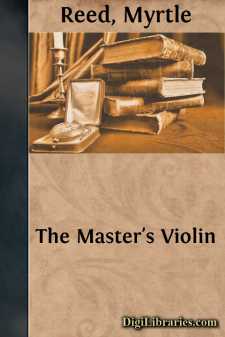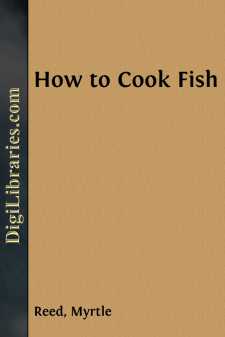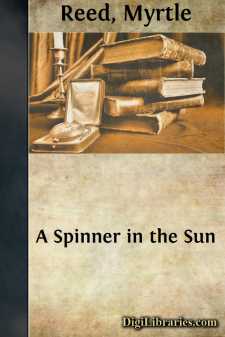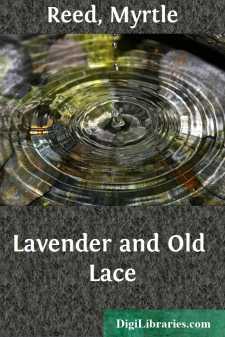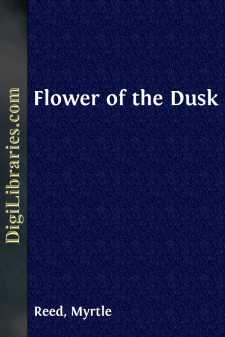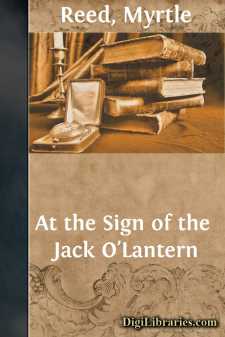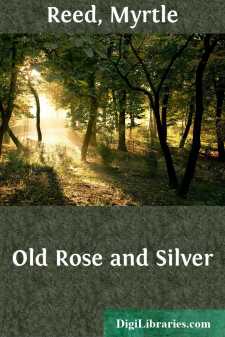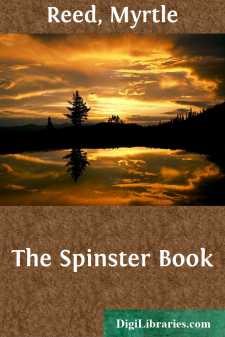Categories
- Antiques & Collectibles 13
- Architecture 36
- Art 48
- Bibles 22
- Biography & Autobiography 813
- Body, Mind & Spirit 142
- Business & Economics 28
- Children's Books 15
- Children's Fiction 12
- Computers 4
- Cooking 94
- Crafts & Hobbies 4
- Drama 346
- Education 46
- Family & Relationships 57
- Fiction 11828
- Games 19
- Gardening 17
- Health & Fitness 34
- History 1377
- House & Home 1
- Humor 147
- Juvenile Fiction 1873
- Juvenile Nonfiction 202
- Language Arts & Disciplines 88
- Law 16
- Literary Collections 686
- Literary Criticism 179
- Mathematics 13
- Medical 41
- Music 40
- Nature 179
- Non-Classifiable 1768
- Performing Arts 7
- Periodicals 1453
- Philosophy 64
- Photography 2
- Poetry 896
- Political Science 203
- Psychology 42
- Reference 154
- Religion 513
- Science 126
- Self-Help 84
- Social Science 81
- Sports & Recreation 34
- Study Aids 3
- Technology & Engineering 59
- Transportation 23
- Travel 463
- True Crime 29
The Master's Violin
by: Myrtle Reed
Description:
Excerpt
The Master Plays
The fire blazed newly from its embers and set strange shadows to dancing upon the polished floor. Now and then, there was a gleam from some dark mahogany surface and an answering flash from a bit of old silver in the cabinet. April, warm with May’s promise, came in through the open window, laden with the wholesome fragrance of growing things, and yet, because an old lady loved it, there was a fire upon the hearth and no other light in the room.
She sat in her easy chair, sheltered from possible draughts, and watched it, seemingly unmindful of her three companions. Tints of amethyst and sapphire appeared in the haze from the backlog and were lost a moment later in the dominant flame. In that last hour of glorious life, the tree was giving back its memories—blue skies, grey days just tinged with gold, lost rainbows, and flashes of sun.
Friendly ghosts of times far past were conjured back in shadows—outspread wings, low-lying clouds, and long nights that ended in dawn. Swift flights of birds and wandering craft of thistledown were mirrored for an instant upon the shining floor, and then forgotten, because of falling leaves.
Lines of transfiguring light changed the snowy softness of Miss Field’s hair to silver, and gave to her hands the delicacy of carved ivory. A tiny foot peeped out from beneath her gown, clad in its embroidered silk stocking and high-heeled slipper, so brave in its trappings of silver buckles that she might have been eighteen instead of seventy-five.
Upon her face the light lay longest; perhaps with an answering love. The years had been kind to her—had given her only enough bitterness to make her realise the sweetness, and from the threads that Life had placed in her hands at the beginning, had taught her how to weave the blessed fabric of Content.
“Aunt Peace,” asked the girl, softly, “have you forgotten that we have company?”
Dispelled by the voice, the gracious phantoms of Memory vanished. There was a little silence, then the old lady smiled. “No, dearie,” she said, “indeed I haven’t. It is too rare a blessing for me to forget.”
“Please don’t call us ‘company,’” put in the other woman, quickly, “because we’re not.”
“‘Company,’” observed the young man on the opposite side of the hearth, “is extremely good under the circumstances. Somebody nearly breaks down your front door on a rainy afternoon, and when you rush out to save the place from ruin, you discover two dripping tramps on your steps. Stranded on an island in the road is a waggon containing their trunks, from which place of refuge they recently swam to your door. ‘How do you do, Aunt Peace?’ says mother; ‘we’ve come to live with you from this time on to the finish.’ On behalf of this committee, ladies, I thank you, from my heart, for calling us ‘company.’”
Laughing, he rose and made an exaggerated courtesy. “Lynn! Lynn!” expostulated his mother. “Is it possible that after all my explanations you don’t understand?...


